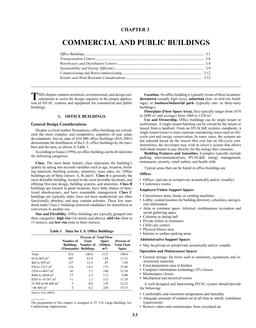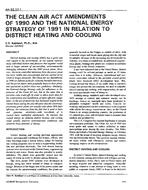Whether a small fire in a passenger rail vehicle does or does not grow to encompass the entire vehicle, and how large the ultimate fire may become, is largely a function of the initiation fire, vehicle interior materials (interior lining / components and contents), vehicle configuration and ventilation (window and door openings). Assuming a fixed vehicle configuration and a limited set of ventilation options, significant variables become the initiation fire, interior materials and contents. Full scale tests can be used to evaluate the relative fire hazards represented by different interior lining materials when exposed to various initiation fire scenarios; these tests are costly and time-consuming. Small-scale fire tests, such as those using the cone calorimeter apparatus, are less expensive, and allow review of a wide range of materials in a relatively short timeframe.
This paper presents a new methodology for using small-scale test data, coupled with initiation fire data, simplified calculation methods and computational modeling, to cost-effectively assess a wide range of scenarios and material combinations for existing and proposed rail vehicle designs.
Citation: ASHRAE Conference Papers, Chicago IL
Product Details
- Published:
- 2012
- Number of Pages:
- 8
- File Size:
- 1 file , 3.3 MB
- Product Code(s):
- D-CH-12-C083


